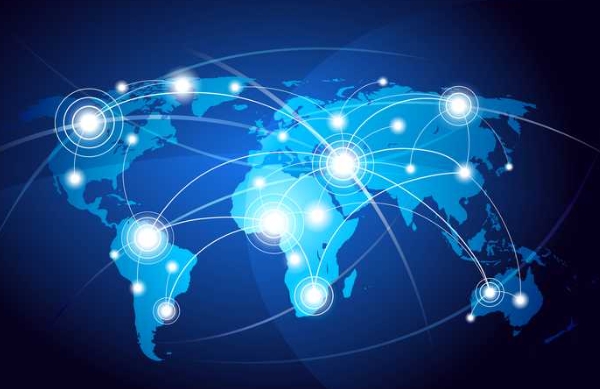In the era of globalization, the importance of global communication cannot be overstated. It is the linchpin that connects individuals, businesses, and governments across continents, facilitating the exchange of ideas, information, and resources. This article delves into the multifaceted reasons why global communication is crucial in today's interconnected world.
- Fostering International Relations:
Global communication is the backbone of international relations. It enables diplomatic discourse, negotiation, and conflict resolution between nations. By facilitating understanding and cooperation, it helps in maintaining global peace and stability. In the current geopolitical climate, where tensions can escalate rapidly, effective global communication is more important than ever.
- Driving Economic Growth:
Global communication plays a pivotal role in the world economy. It allows businesses to expand their reach, collaborate with international partners, and tap into new markets. Moreover, it enables the swift flow of financial information, which is crucial for global trade and investment. In an increasingly globalized economy, the ability to communicate effectively on a global scale can be a game-changer for businesses.
- Promoting Cultural Exchange:
Global communication fosters cultural exchange and mutual understanding. It allows people from different cultures to share their perspectives, traditions, and values, thereby promoting tolerance and respect for diversity. In a world where cultural misunderstandings can lead to conflict, global communication serves as a bridge, fostering a sense of global community.
- Facilitating Scientific Collaboration:
In the realm of science and technology, global communication is indispensable. It enables scientists and researchers to collaborate across borders, share their findings, and build upon each other's work. This accelerates scientific progress and facilitates the global dissemination of knowledge, which is crucial in addressing global challenges like climate change and pandemics.
- Empowering Social Movements:
In recent years, global communication has emerged as a powerful tool for social change. It allows activists and social movements to connect with a global audience, mobilize support, and exert pressure on decision-makers. From the Arab Spring to the Black Lives Matter movement, global communication has proven its potential as a catalyst for social change.
In conclusion, global communication is not just about connecting people; it's about facilitating the exchange of ideas, fostering mutual understanding, driving economic growth, and empowering social change. In an increasingly interconnected world, the importance of global communication is only set to grow. Therefore, individuals, businesses, and governments must invest in developing their global communication skills and infrastructure.
As we navigate the complexities of the 21st century, the mantra should be clear: communicate globally, thrive globally. The power of global communication is immense, and harnessing it effectively is the key to success in today's interconnected world.

